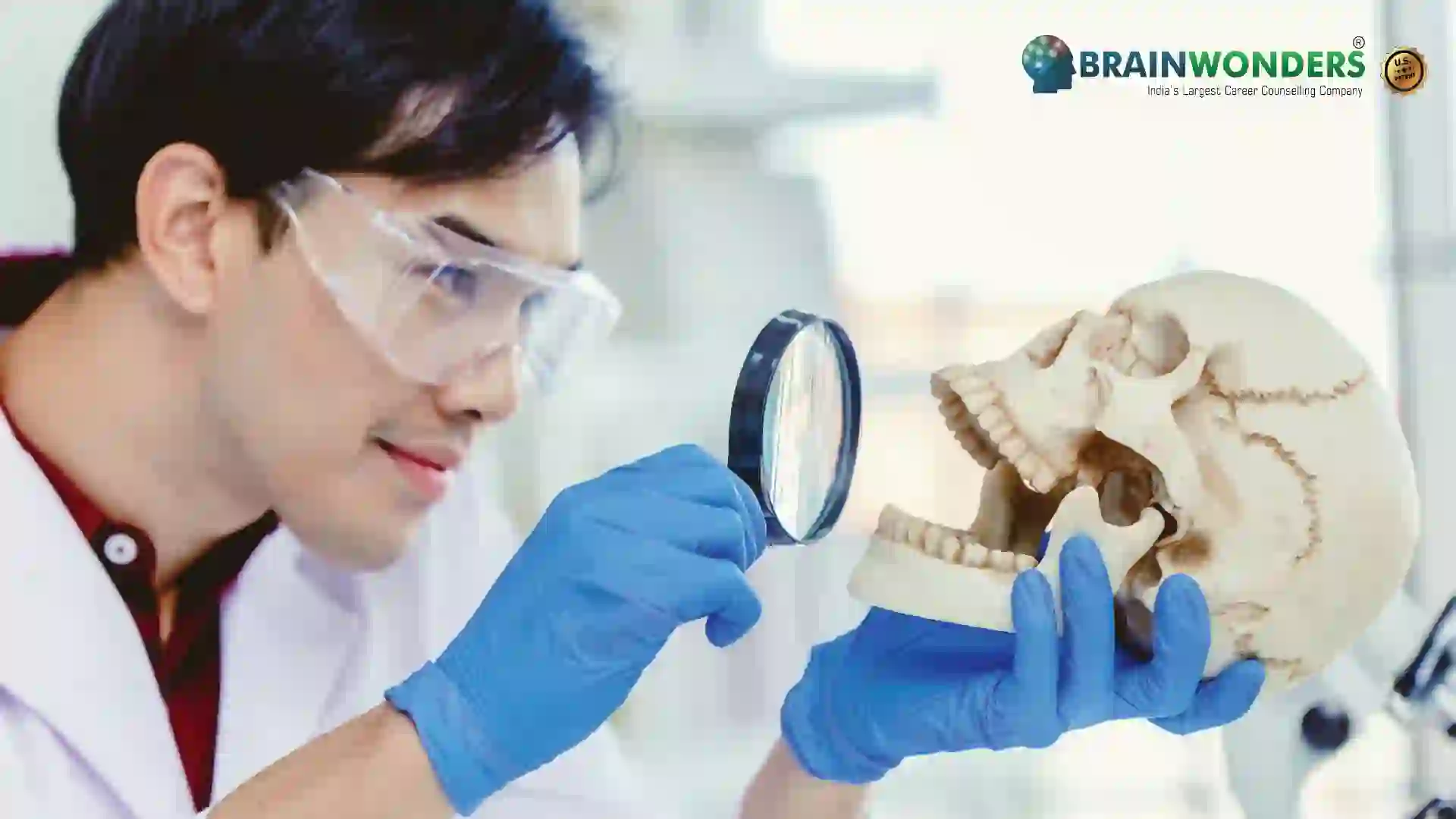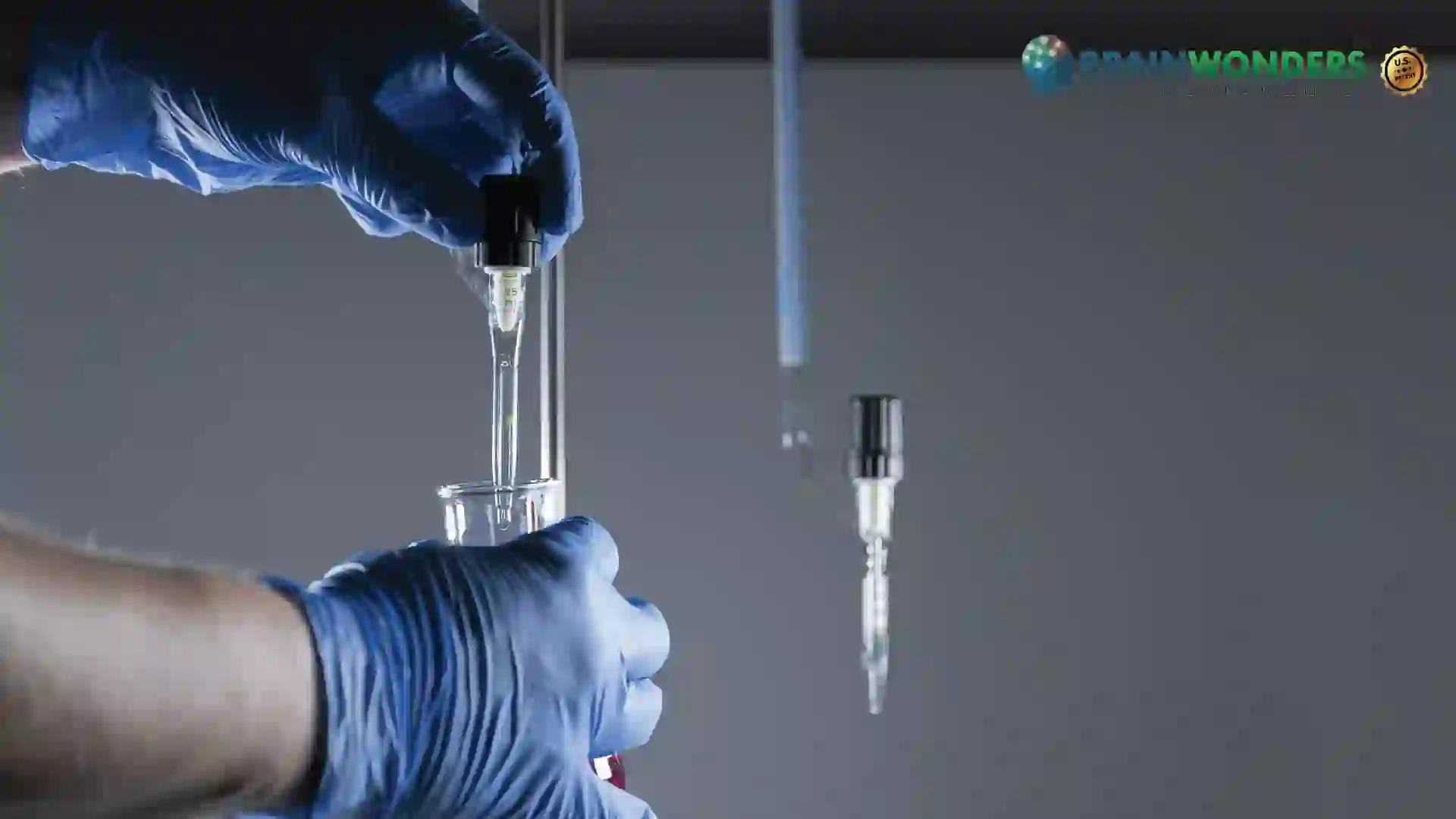How to become a Microbiologist
Overview, Courses, Exam, Colleges, Pathways, Salary
.webp)
Overview
Who is Microbiologist ?
Microbiology represents a broad field of study that focuses on the study of microscopic organisms such as viruses, bacteria, fungi, parasites, among others. A microbiologist is interested in understanding these organisms' life processes and pathological potential, including their structure, functions, proliferation processes, and how they can be used. Another central point of focus for a microbiologist is to study the interactions of these organisms with humans and other organisms and the consequences of such interactions. This field of study combines the subject areas of biochemistry, genetics, and molecular biology as it applies to these microorganisms. It is the work of microbiologists that we require to understand diseases causing organisms, including how to control and prevent the spread of such diseases, studying the effects of medicines on such organisms. Using technoscientific tools and software, Microbiologists study microbial cultures and samples. They play a crucial role in understanding the effects of such microorganisms on health, agriculture, and the environment.
Typical day at work
What does Microbiologist do?
The core responsibilities that accompany a career as a Microbiologist include:
- Grow, separate, preserve, and study microbial cultures
- Record, analyze, and interpret test results regarding the microbial samples and generate reports for the same
- Identify contamination of cultures and initiate protocols to handle the same
- Ensure quality, health, and safety standards are being observed in the laboratory environment
- Studying the development, physiological characteristics, and the pathological potential of microbes using precise, prescribed methods
- Carry out laboratory experiments to study the specimen samples of microorganisms collected from various sources in the environment
- Conduct research and present finding with the public, fellow researchers, and other stakeholders
- Manage and oversee the work of the biological technicians, ensuring the quality of their results
- Maintain thorough documentation of the laboratory processes, protocols to be followed, tests being performed, as well as that of the inventory
Abilities and Aptitude needed
What are the skills, abilities & aptitude needed to become Microbiologist?
To operate as a Microbiologist, the individual should be armed with the knowledge of biology, microbial science, biochemistry, mathematics. They should have a flair for planning and executing protocols and in-depth knowledge of the tests and methods used in their work. The individual should possess excellent problem-solving and observation skills and the ability to operate complex sophisticated machinery and software. Working with needles, chemicals, and other scientific devices necessitates finger talent and the ability to follow directions precisely. A person interested, systematic, analytical and physically capable of spending long hours on their feet. To work as a microbiologist, you must be familiar with quality control processes, standard safety protocols in the event of contamination or when handling hazardous materials/samples, and legal requirements for healthcare and other related fields. Impeccable communication skills, both spoken and written, shall also be required frequently.
Salary
Salary for Microbiologist?
Salary of a Microbiologist in India:
- Minimum Monthly Salary: The monthly salary may range from INR 25,000 to INR 40,000 for entry-level Microbiologists or those working in small-scale research labs, especially at the start of their careers.
- Maximum Monthly Salary: Established and highly experienced Microbiologists working in well-funded research institutions or leading pharmaceutical companies can earn a monthly salary of INR 80,000 to INR 1,50,000 or more.
- Annual Salary: The annual salary of a Microbiologist can be from INR 3,00,000 to INR 18,00,000, depending on their level of experience, the scale and success of their research, and their reputation in the industry.
- Highest Paying Job and Scope: The highest paying job for a Microbiologist is often found in pharmaceutical research and development, where they work on cutting-edge drug discovery and development projects. Microbiologists also have promising career prospects in biotechnology, medical research, food and beverage industries, and environmental sciences. The scope for Microbiologists is growing in India as the healthcare sector expands, and there is an increased focus on research and development in various industries.
Pathways
How to become an Microbiologist?
Entrance Exam
Entrance Exam for Microbiologist ?
- The Indian Institute of Science (IISC) Entrance Exam
- Indian Institute of Technology Entrance Exam (IIMK)
- University of Calicut Microbiology Entrance Exam
- University of Kerala: Faculty of Science Microbiology Entrance Exam
- University of Calcutta Microbiology Entrance Exam
- University of Mumbai Microbiology Entrance Exam
- University of Pune Microbiology Entrance Exam
Courses
Which course I can pursue?
Best Colleges
Which are the best colleges to attend to become an Microbiologist?
Industries
Which Industries are open for Microbiologist?
- Pharmaceutical Industries
- Universities
- Laboratories
- Private Hospitals
- Research Organizations
- Environmental Agencies
- Food Industry
- Beverage Industry
- Chemical Industries
- Agriculture Department
internship
Are there internships available for Microbiologist?
Internships for Microbiologists are available in a variety of settings, providing valuable hands-on experience and practical training in the field of microbiology. Some potential internship opportunities include:
- Research Laboratories: Microbiology research laboratories, both in academic institutions and private companies, offer internships for students to work on research projects, conduct experiments, and learn advanced laboratory techniques.
- Pharmaceutical Companies: Pharmaceutical companies often have microbiology divisions where interns can assist in quality control, research and development of new drugs, and testing for microbiological contamination.
- Biotechnology Companies: Biotech companies may offer internships in microbial fermentation, genetic engineering, and bioprocessing.
- Clinical Laboratories: Interning in clinical laboratories allows students to gain experience diagnosing and identifying infectious diseases through microbiological testing.
- Food and Beverage Industry: Some companies in the food and beverage industry offer internships in quality assurance and microbiological testing to ensure product safety and quality.
- Environmental and Public Health Departments: Interning in these departments provides exposure to environmental microbiology and public health initiatives related to infectious diseases.
- Government Agencies: Government organizations like the Centers for Disease Control and Prevention (CDC) or the National Institutes of Health (NIH) may offer microbiology internships focused on public health research.
During internships, Microbiologists can expect to:
- Work on specific research projects or tasks under the guidance of experienced professionals.
- Gain hands-on experience with laboratory equipment and techniques.
- Analyze and interpret data related to microbiological studies.
- Collaborate with other scientists and researchers.
- Attend seminars, workshops, and training sessions to enhance their knowledge and skills.
Career outlook
What does the future look like for Microbiologist?
Microbiologists can secure work opportunities in the public and private sectors both. They are typically employed at hospitals, laboratories, research institutes, water and waste management companies, food and beverage manufacturers, pharmaceutical companies, and biotechnology firms, among many others. They are qualified to secure positions as biomedical scientists and pharmacologists. They usually work regular hours in laboratory set-ups but might require more flexible timings depending on the work area. Occasional travelling can be expected for conducting on-site visits and retrieving samples from specific sites. With experience, some microbiologists advance to managerial roles that call for more administrative tasks. The employment opportunities for Microbiologists are expected to grow in the coming years since their work is crucial to the development of medicines, antibiotics, vaccines, and other treatments. Apart from the health industry, their contribution is also needed in chemical companies, the agricultural sector, and the efforts to research clean sources of energy.







